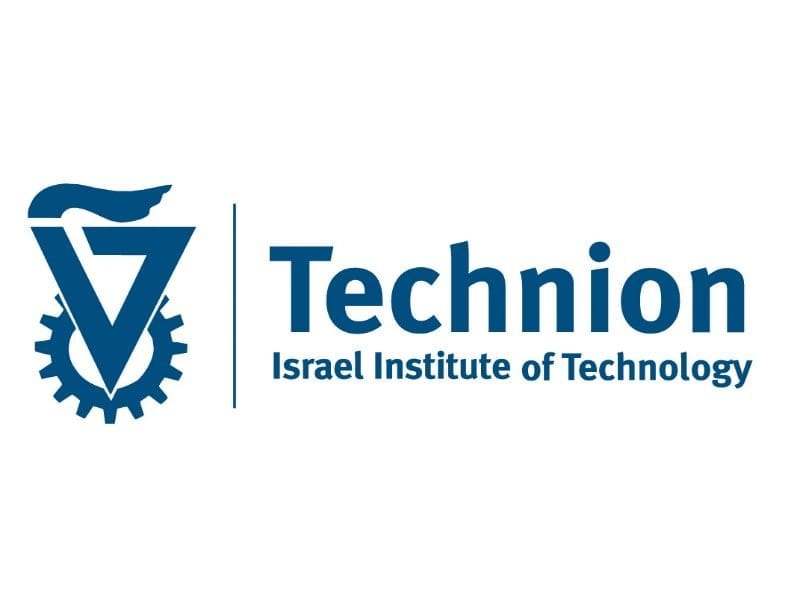
The Technion – Israel Institute of Technology is a public research university in Haifa, Israel
The Latest Bing News on:
Technion-Israel Institute of Technology Research
- The settler university: Israeli academia has always been part of Israel’s territorial objectives in Palestine
This is part one of three excerpts from Maya Wind's book Towers of Ivory and Steel. Based on research, the book is a gamechanger in the conversation about Israeli academic institutions ...
- Top Israeli university offering spots to Jews who don’t feel safe on university campuses
Antisemitic rhetoric on college campuses has prompted a top Israeli university to offer Jewish students and faculty spots if they feel unsafe at their school.
- Student organizes event to address the Israel-Hamas war and antisemitism
Unity is a principle of all free-thinking societies,” first-year student Ben Epstein said during a StandWithUs event, held April 25. “It’s our job as the next generation of leaders to lead this nation ...
- Thousands at Columbia sign letter calling for enforcement of school policy
O ver 4,360 Jewish faculty, staff, students, alumni, parents and community members signed a letter this week to Columbia University President Minouche Shafik, the Board of Trustees and deans of all ...
- Cornell campus clogged by Israel-Palestine protesters. What we know
Protestors demand Ivy League call for a ceasefire, university divestment from weapons manufacturers it claims are adding to Palestinian death toll.
The Latest Bing News on:
Technion-Israel Institute of Technology Discovery
- MIT Technology Review
This is what the priorities in the $95 billion spending package tell us about four military technologies and the way they’re reshaping how war is fought.
- Thousands at Columbia sign letter calling for enforcement of school policy
Over 4,360 Jewish faculty, staff, students, alumni, parents and community members signed a letter this week to Columbia University President Minouche Shafik, the Board of Trustees and deans of all ...
- Cornell campus clogged by Israel-Palestine protesters. What we know
Protestors demand Ivy League call for a ceasefire, university divestment from weapons manufacturers it claims are adding to Palestinian death toll.
- Solving the world’s biggest challenges? Just a normal day at the Technion
The American Technion Society have produced the Booklet of Wonders: a fascinating insight into just some of the mind-blowing innovations that have come from the brilliant institute.
- Bacteria in the intestine that change in response to inflammation could have an impact on our immune system
Gut bacteria have emerged as a focal point of scientific exploration, with their intricate roles in our metabolism, nutrition, and overall health coming into sharp focus. New research from the ...









